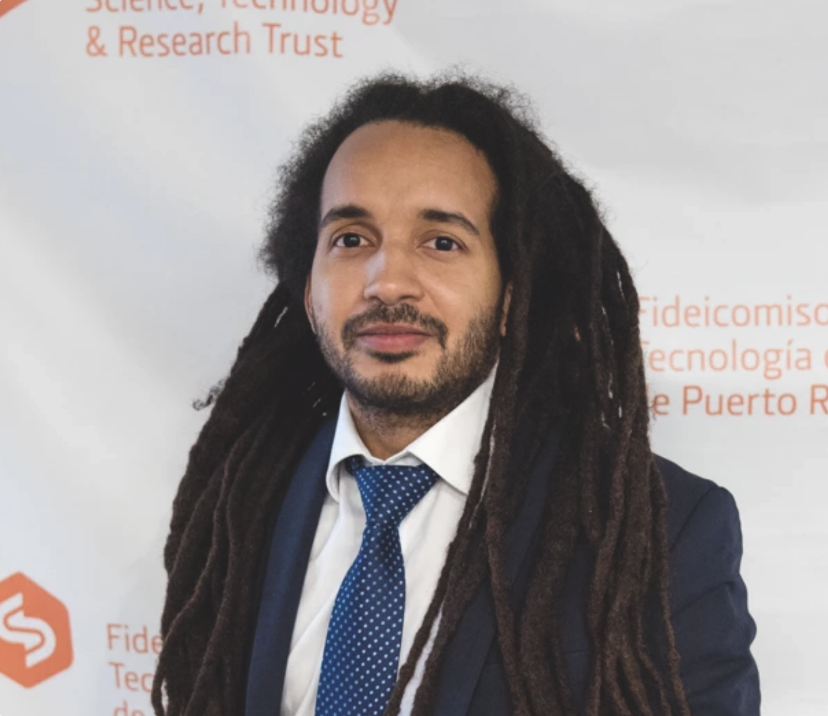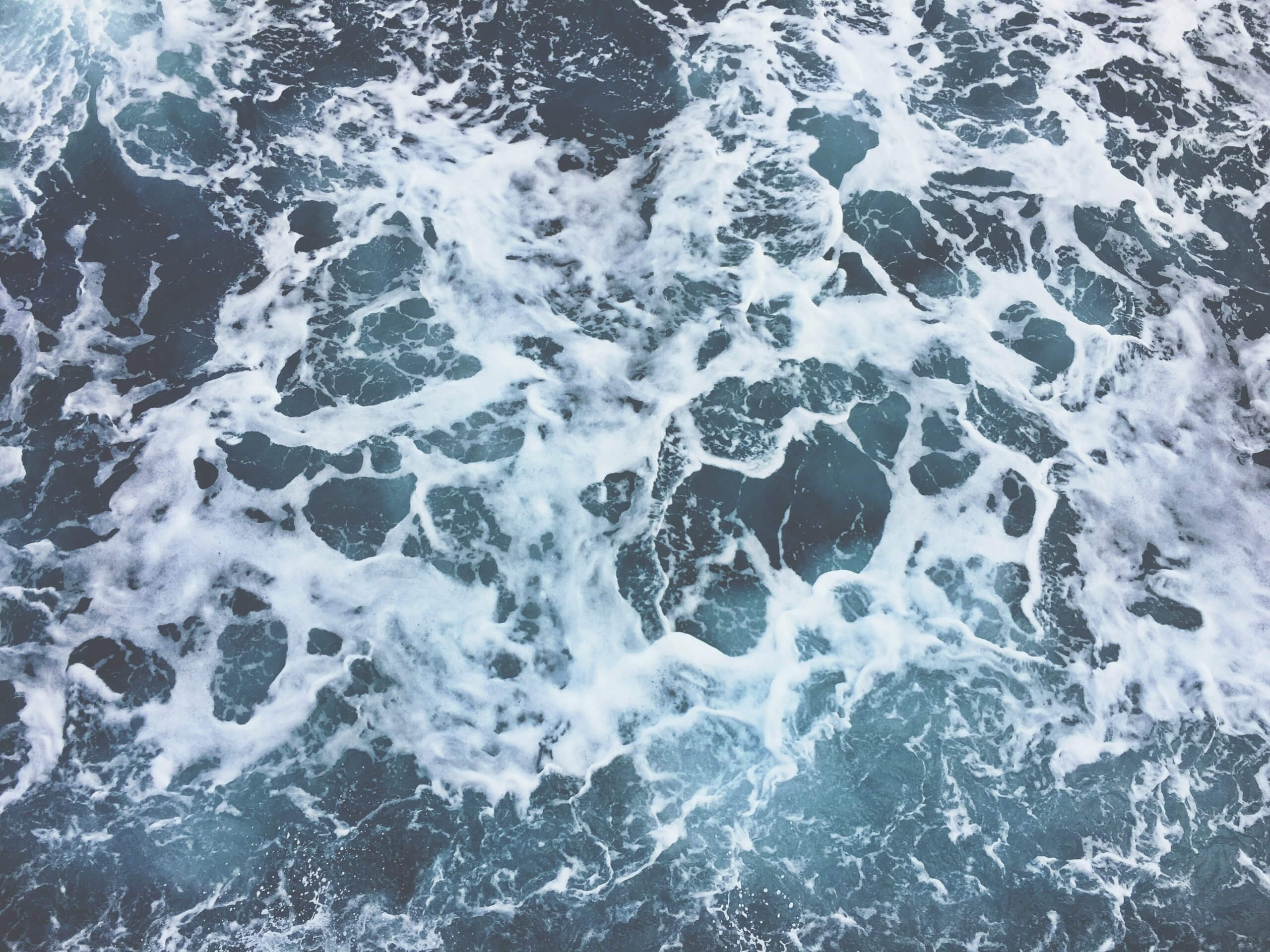Dr. Carlos M. De León-Rodríguez recently completed an Oak Ridge Institute for Science and Education (ORISE) post-doctoral fellowship with the Centers for Disease Control in San Juan, Puerto Rico. His research focused in developing diagnostic tools to differentiate between the Zika and dengue virus infections, which have similar early symptoms and are both mosquito-borne viruses. Carlos is one of the 2018 Scientist Sentinels. The Scientist Sentinels: Civic Engagement & Leadership program is building a network of empowered, mutually supportive leaders working to advance the role of science in society, inspire their peers, and support evidence-based decision making at the local level and beyond. Thank you to Carlos for sharing more about his engagement experiences!
What goals do you have for sharing your science?
I’m trying to get people to think like scientists, and fight misinformation and mistrust of science. It’s a big problem we have everywhere around the world. I know I will not change the public perception by myself but I hope I can help by adding one drop to the ocean. I hope everybody can have the ability to rationalize whether the information they receive from the media and others is supported by facts and whether those facts come from a reliable sources or not.
You were already passionate about communicating science, but how did your experience as a Scientist Sentinel last year impact your work?
After I did the Scientist Sentinels program, I felt more ready to pursue things like the Puerto Rico Science Policy Action Network (PR-SPAN). It’s an initiative from Ciencia Puerto Rico for scientists to get more involved in science policy, and to serve as experts in different areas so that senators can contact them about the topics that they want to learn about. I’m hoping that our legislature turns to science based evidence to create new policies.
A few months after Scientist Sentinels retreat I heard about PR-SPAN, so I contacted one of the founders and asked her about how I could become an ambassador. Each ambassador is assigned to one topic, and they’re in charge of creating blogs and alerts to inform the public and other scientists in the network about how to get involved.
Being part of the Scientists Sentinels was eye-opening. Especially in Puerto Rico, you feel like everything is so bad with the economic crisis, like there’s nothing I can do to help change things and have a major impact. But after the retreat I felt like having the tools to go and meet with senators — it makes you feel empowered. Scientist Sentinels gave me those tools, showed me how to do it, and I think that helped a lot.
Getting to be in a room full of scientists with the same kind of mentality also encouraged me to be more active. They are scientists who are not politicians or reporters or professional communicators, and they are all involved in different projects, and starting at a similar level as me, seeing them and being able to listen to their experiences and share mine made me felt confident that I could engage in projects like PR-SPAN.
Has anything surprised you as you’ve done more communication and outreach?
I had the opportunity to visit the Capitol here in Puerto Rico, it was really surprising how open the senators were to talking to the group that I was part of. I was there on an advocacy day, and they were really good about explaining to us what was happening and how the legislative process occurs. One of them even asked us, if we could change part of the bill we were discussing, what would we change? So being ready with your message and what you want to ask them, that is really important. We ended our day sitting down with the committee members in charge of the Senate project that we were there to discuss. For me it was eye opening that as a scientist I could be part of the discussion on how a law was being written.
Do you have any thoughts for others considering communicating their work?
Do it, because it is important and we need it.
In the beginning it could be intimidating, but it’s not that hard. You talk to people every day. It’s literally talking, and when you’re an expert in your field and know how to do research, you can prepare to communicate effectively. If you made it through your qualifying exams as a PhD student, you can do this. I will encourage everybody to take advantage of programs like Scientist Sentinels and do their own research on how to communicate science effectively to the public.



